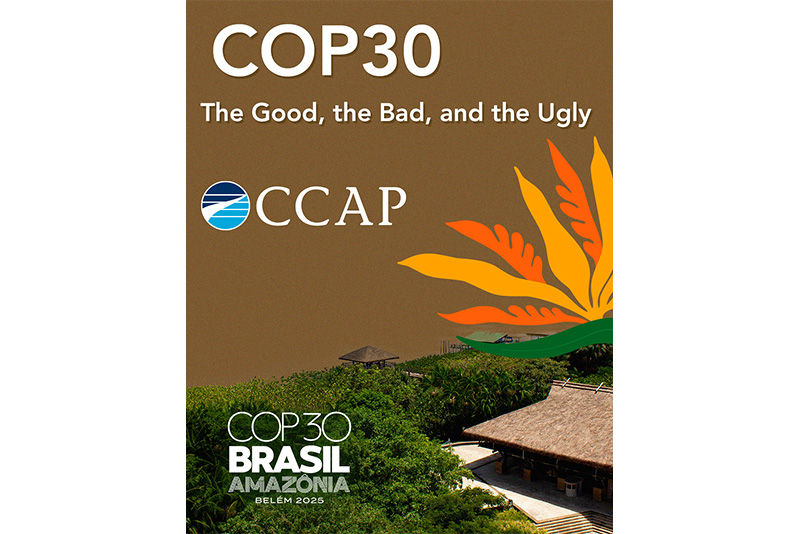Workshop Supports Information Exchange for Methane Mitigation in Mexico’s Oil and Gas Sectors
- Stacey Davis
- Sep 21, 2016
- 2 min read
At a well-attended workshop earlier this month in Mexico City on Regulatory Options for Methane Mitigation in Mexico’s Oil and Gas Sectors, senior Mexican officials reiterated their plans to reduce methane emissions from the oil and gas sector by 40-45 percent below 1990 levels by 2025, and engaged in a fruitful discussion with their peers on best practice regulatory approaches. Fulfilling this goal would achieve 10 percent of the country’s stated nationally determined contribution (NDC) for mitigating greenhouse gases. Cost-effective solutions to mitigate methane emissions from oil and gas can ensure that practices in hydrocarbon extraction and handling support global climate mitigation goals. As highlighted in a recent study by the Environmental Defense Fund (EDF) and the Mario Molina Center, the cost of this mitigation is estimated at an average of 0.79MXN (.04USD) per metric ton of CO2 equivalent reduced.

The workshop, sponsored and facilitated by the Center for Clean Air Policy (CCAP) and the Clean Air Task Force (CATF) and hosted at the offices of SENER, launched a new collaboration across experts and practitioners in the United States, Canada and Mexico towards meeting the jointly-held methane mitigation goals for the oil and gas sector. A keynote presentation by Paula Gant, Principal Deputy Assistant Secretary of the Office of International Affairs at the U.S. Department of Energy, set the stage for the meeting, which also featured best practices from Alberta, California and Colorado, and a preview of innovative approaches to be used in Canada. Mexico was eager to hear the experiences of its peers, and there were opportunities for all participants to learn from one another. Key topics included the different regulatory, monitoring and enforcement approaches in use or under development for mitigating methane emissions from leaks, tanks, pneumatics, compressors, well completions and liquids unloading.
This project takes advantage of the window of opportunity created by plans underway to define regulations to address new oil and gas operations resulting from constitutional changes that open up Mexico’s oil and gas sector to private investment after more than 75 years of a state monopoly. (See blog) Moreover, through greater collaboration, this work will encourage further alignment of regulatory approaches across the three North American countries.
As a next step, CCAP will be participating in a Department of Energy-sponsored workshop in October 2016 that will continue the conversation with the Mexican government towards defining regulatory approaches that will work in the domestic context and support Mexico’s climate leadership and shared policy goals.





شيخ روحاني
رقم شيخ روحاني
الشيخ الروحاني
الشيخ الروحاني
شيخ روحاني سعودي
رقم شيخ روحاني
شيخ روحاني مضمون
Berlinintim
Berlin Intim
جلب الحبيب
https://www.eljnoub.com/
https://hurenberlin.com/